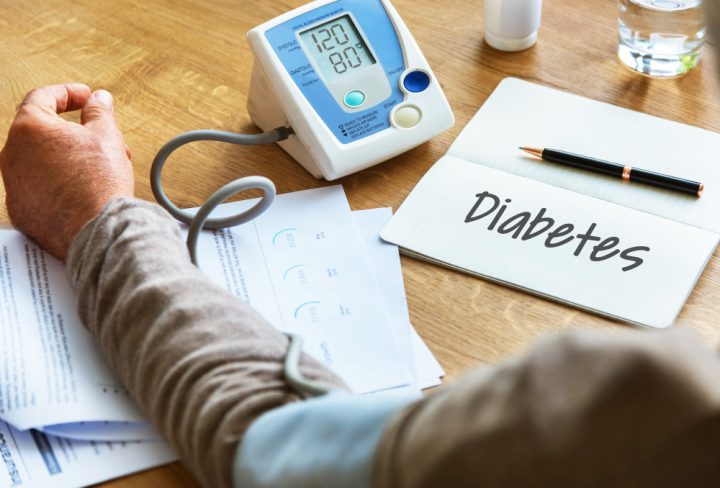What Are Secondary Causes of Diabetes?
Diabetes is a condition where blood sugar levels are too high. Most people know about type 1 and type 2 diabetes. However, there are also secondary causes of diabetes. These are different from primary diabetes. In secondary diabetes, another health problem or factor leads to high blood sugar. For example, some diseases or medicines can cause this type. Understanding secondary causes of diabetes helps you spot symptoms early and get the right care.
Common Secondary Causes of Diabetes
Many things can lead to secondary diabetes. Some of the most common secondary diabetes causes include:
Because these causes are different from type 1 or type 2 diabetes, treatment may also differ.
Symptoms and Warning Signs
Secondary diabetes symptoms are often like those of other types. Still, knowing what to look for can help. Common warning signs include:
However, if you have a health problem or take medicines that can cause diabetes, watch for these signs. Sometimes, symptoms from the main health issue may also appear. For example, people with Cushing’s syndrome may gain weight or bruise easily.
How Is Secondary Diabetes Diagnosed?
Doctors use several steps to diagnose secondary diabetes. First, they ask about your health history and any medicines you take. Next, they check for symptoms. After that, they may order blood tests, such as:
In addition, doctors may look for the main cause. For example, they might check hormone levels or do scans of the pancreas. This helps them find out what is causing the diabetes.
Treatment and Management Options
Treating secondary diabetes often means managing both the high blood sugar and the main cause. For example, if a medicine is causing high blood sugar, your doctor may change the dose or switch drugs. If a disease is the cause, treating that disease can help control diabetes. Common ways to manage secondary diabetes include:
Because each person is different, your doctor will make a plan that fits your needs.
Lifestyle Guidance and Prevention Tips
Even though some causes of secondary diabetes cannot be avoided, healthy habits can help. For instance, you can:
In some regions, certain diseases are more common. For example, pancreatic infections may be more frequent in tropical areas. Knowing your risks can help you take steps to protect your health.
When to Consult a Healthcare Professional
If you notice symptoms of high blood sugar or have a health problem that can cause diabetes, see your doctor. Early diagnosis and treatment can prevent serious problems. Also, if you start a new medicine and feel unwell, let your doctor know. They can check if your blood sugar is affected.
Conclusion
Secondary causes of diabetes are different from type 1 or type 2 diabetes. They often need special care and attention. If you think you may have symptoms or are at risk, consult a healthcare specialist for personalized advice on secondary causes of diabetes.
